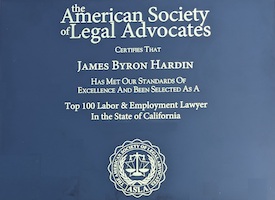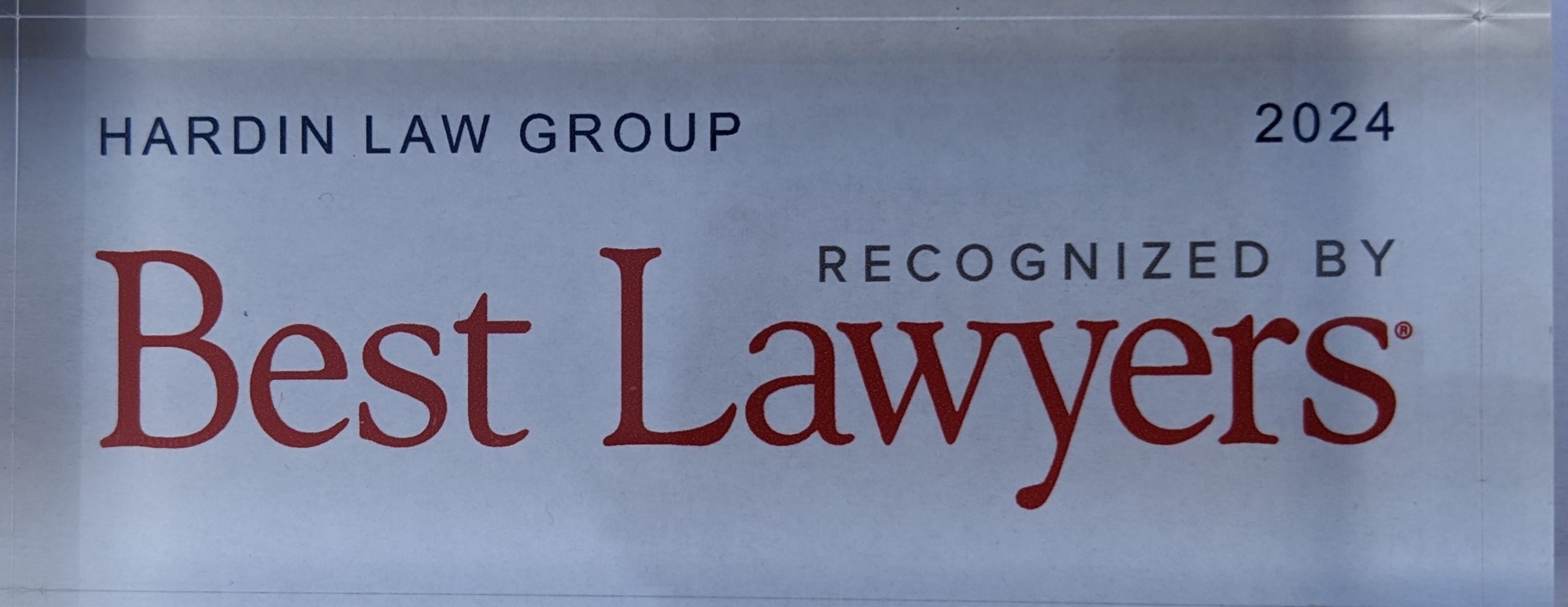How Does California’s Anti-SLAPP Law Apply to Employment Disputes?
California’s anti-SLAPP law helps to identify and dismiss frivolous lawsuits that intend to hinder a person or entity from exercising their First Amendment right to freedom of speech and petition. To defend against a burdensome lawsuit, a defendant can file an anti-SLAPP motion to dismiss the suit. An anti-SLAPP motion places the burden on the defendant to establish that the plaintiff’s claim arises from protected activity.
If the defendant satisfies this burden, known as prong 1, a California court will dismiss the lawsuit unless the plaintiff can show prong 2: a probability of success on the merits of their claim, meaning a jury could find in their favor later on. In the employment context, an employer may file an anti-SLAPP motion to dismiss after an employee alleges discrimination or retaliation based on employment decisions such as hiring, firing, or promotions. Recently, a California appeals court denied a County’s motion to dismiss a former employee’s retaliation claim under California’s anti-SLAPP law.
The Facts
As the opinion explains, the dispute arose when an assistant district attorney, who was acting as the interim district attorney for the County of Placer, believed he was bribed into hiring a County supervisor’s spouse in exchange for a position as the permanent district attorney. Without providing an explanation, the County then placed the employee on paid administrative leave and locked him out of his workplace pending appointment of the new district attorney. He then received a call from a County supervisor informing him that she knew he received a bribe. After interviewing and not receiving the district attorney position, he understood that the new district attorney would demote him, so he resigned. The employee then sued the County alleging whistleblower retaliation for complaining about the bribe. Notably, the County was also investigating the employee after a complaint of discrimination, harassment, and intimidation against him and other managers. Based on this investigation, the County moved to dismiss the lawsuit under California’s anti-SLAPP law. The trial court denied the County’s motion, and the County appealed.
The Court’s Opinion
On appeal, the court found that the County failed to meet its burden under the anti-SLAPP law to show that the employee’s claim arose out of protected activity. The County claimed that the employer’s retaliation claim arose from the County’s investigation, which it argued was protected activity. First, the court found that the investigation did not constitute “protected activity.” The anti-SLAPP statute defined protected activity to include “any written or oral statement” made before an “official proceeding authorized by law.” Although the internal, government investigation was an official proceeding, the County failed to show it made a written or oral statement during the investigation that prompted the employee’s allegations.
Second, the employee’s complaint did not reference the investigation at all but rather solely concerned the bribe. Because courts determine the protected activity underlying a claim from the plaintiff’s allegations, the fact that the employee did not make any allegations about the investigation was fatal to the employer’s motion to dismiss.
Additionally, the court explained that where the defendant succeeds in meeting prong 1 in the employment context, the employer’s alleged adverse action must itself be the speech or petitioning activity. Therefore, the mere fact that the County placed the employee on leave after its investigation does not mean that the employee’s retaliation claim “arose from” the investigation. Accordingly, the court concluded that the trial court properly denied the County’s anti-SLAPP motion, allowing the employee’s lawsuit to go forward.
Speak with an Experienced Los Angeles Employment Attorney Today
If you are seeking to hold your employer accountable for retaliation, discrimination, or harassment, contact the California employment lawyers at Hardin Law Group and learn how to prevent an anti-SLAPP motion from ending your case.





















